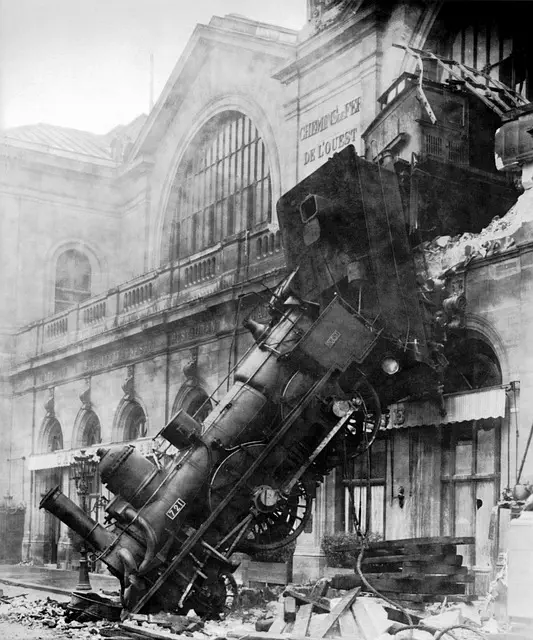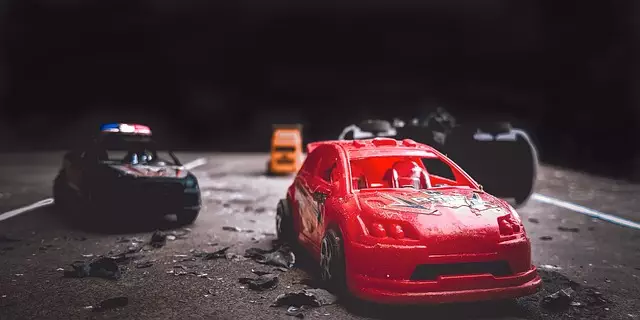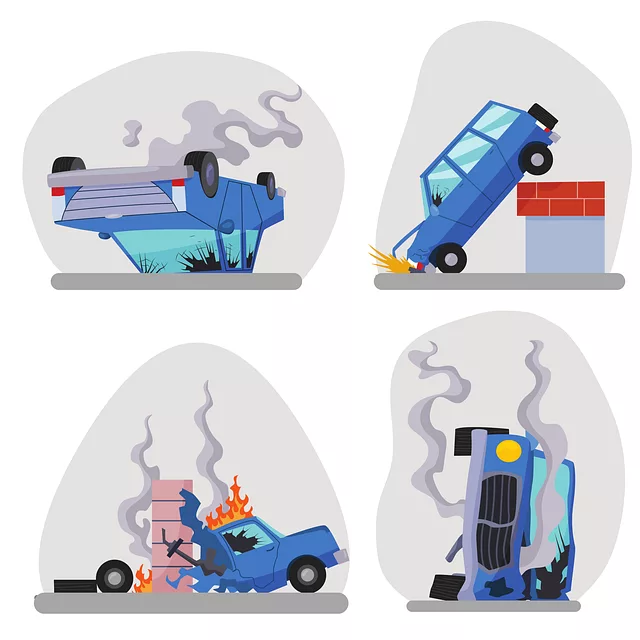In New York City, where motorcycle accidents are common due to bustling streets and high traffic, Motorcycle Accident Reconstruction Brooklyn is a crucial legal tool. Experts meticulously analyze evidence such as crash scenes, vehicle damage, and witness statements using advanced techniques like computer simulations and 3D modeling to recreate accidents. This process establishes key factors like speed and angle of impact, strengthening legal arguments in DUI cases. By providing detailed insights into driver behavior, Motorcycle Accident Reconstruction Brooklyn ensures riders receive justice and compensation for their severe injuries or worse.
In New York City, motorcycle accident cases, particularly those involving DUI, present unique challenges. If you’ve been injured in a Brooklyn DUI accident, understanding your legal options is crucial. This article explores the intricacies of motorcycle accident reconstruction in Brooklyn from a legal perspective. By delving into the role of expert testimony and advanced forensic techniques, we uncover how these tools aid in proving negligence and securing justice for victims. Motorcycle Accident Reconstruction Brooklyn offers vital insights for those navigating complex legal landscapes after a devastating crash.
- Understanding Motorcycle Accident Cases in NYC: A Legal Perspective
- The Role of Reconstruction in Brooklyn DUI Accident Trials
Understanding Motorcycle Accident Cases in NYC: A Legal Perspective

In New York City, motorcycle accidents can be complex legal matters, especially when compared to car crashes due to the unique dynamics involved. Motorcycle Accident Reconstruction Brooklyn plays a pivotal role in understanding and proving liability in such cases. These accidents often leave riders vulnerable, facing severe injuries or worse. Legal professionals specializing in DUI accident cases recognize that motorcycles have less protection than enclosed vehicles, making reconstruction critical to establish fault.
From a legal perspective, reconstructing motorcycle accidents involves meticulous analysis of evidence, including crash scenes, vehicle damage, and witness statements. Experts consider factors like speed, road conditions, and driver behavior to create accurate simulations. This process is crucial for building strong cases, ensuring that riders receive the justice and compensation they deserve. In NYC, where motorcycle enthusiasts navigate bustling streets, a deep understanding of these legal nuances can significantly impact outcomes for those involved in accidents.
The Role of Reconstruction in Brooklyn DUI Accident Trials

In Brooklyn DUI accident trials, motorcycle accident reconstruction plays a pivotal role in discerning liability and determining fault. Experts in this field meticulously analyze evidence such as skid marks, vehicle damage, and witness statements to recreate the precise sequence of events leading up to the collision. This detailed examination helps establish critical factors like speed, acceleration, and the angle of impact, which are crucial for building a strong legal argument.
Reconstruction specialists utilize advanced tools and techniques, including computer simulations and 3D modeling, to visualize the accident scene. These methods allow them to challenge or corroborate testimonies, filling in gaps in evidence and providing invaluable insights into the behavior of both drivers involved. This scientific approach significantly influences the outcome of cases, offering a clearer understanding of the circumstances surrounding DUI accidents in Brooklyn.
When it comes to motorcycle accident cases in NYC, particularly those involving DUI in Brooklyn, understanding the intricacies of reconstruction is key. These specialized analyses provide crucial insights into the events leading up to and during accidents, helping to determine liability and secure just compensation for victims. By employing advanced techniques and expert witnesses, Motorcycle Accident Reconstruction Brooklyn can significantly influence the outcome of trials, ensuring fair and accurate judgments.
